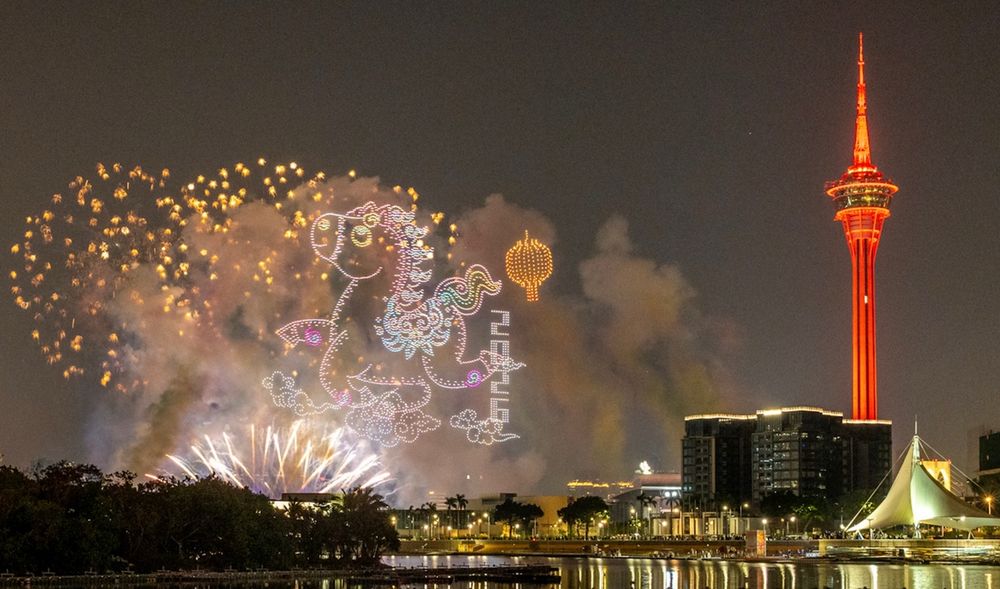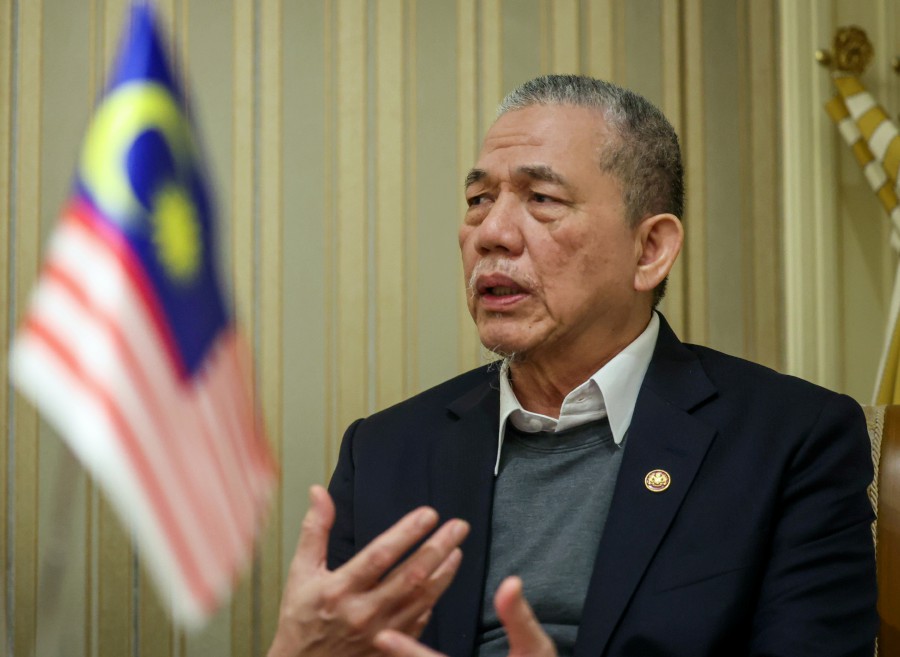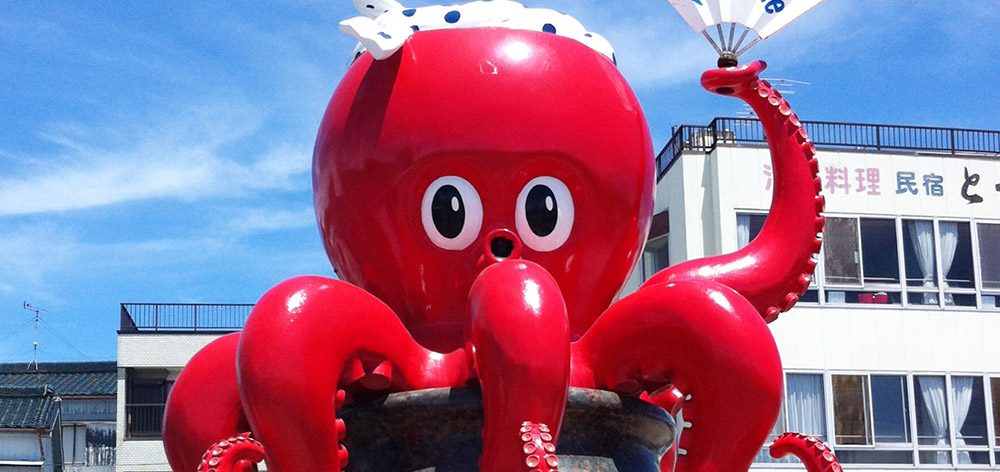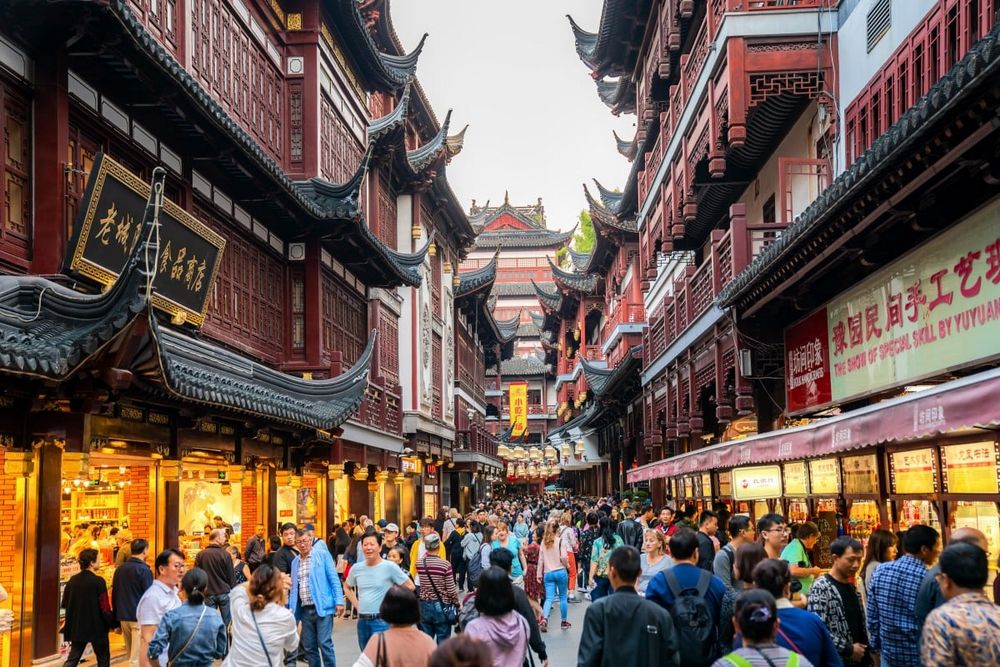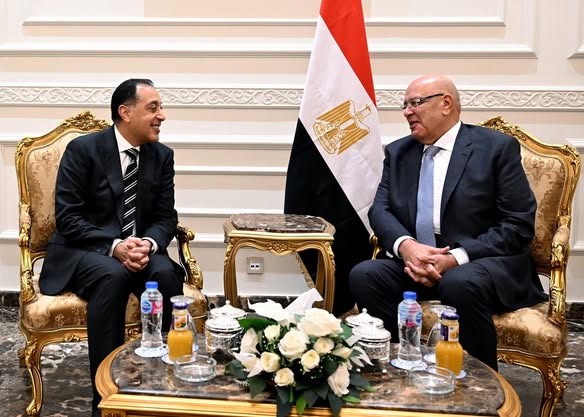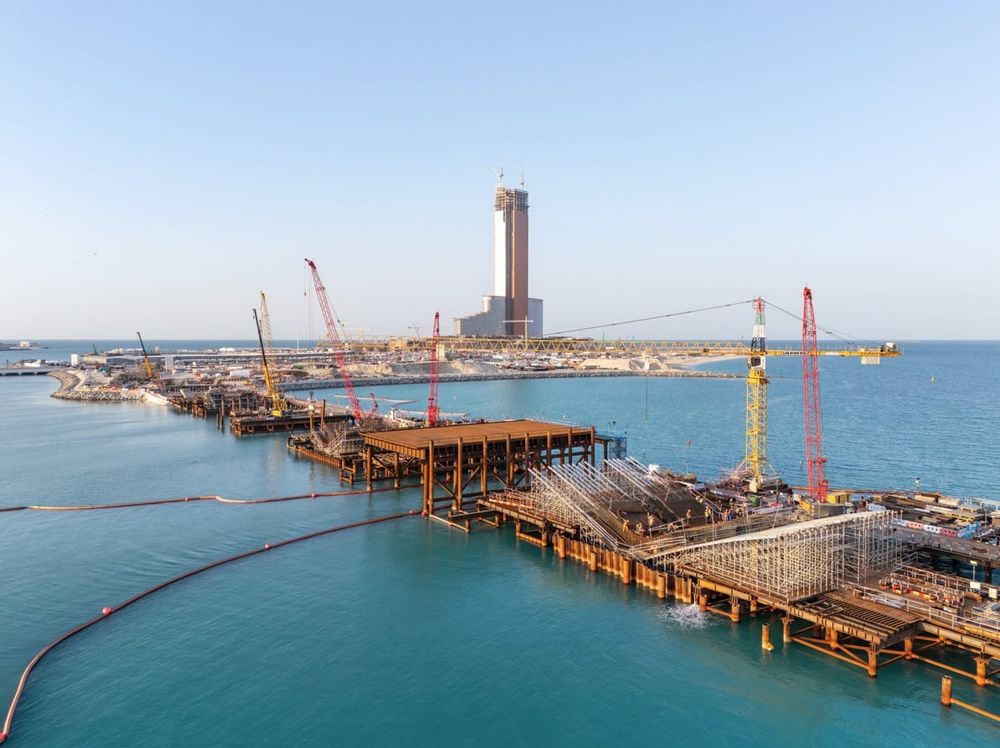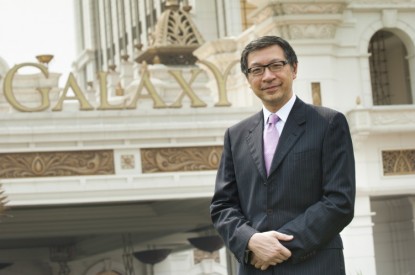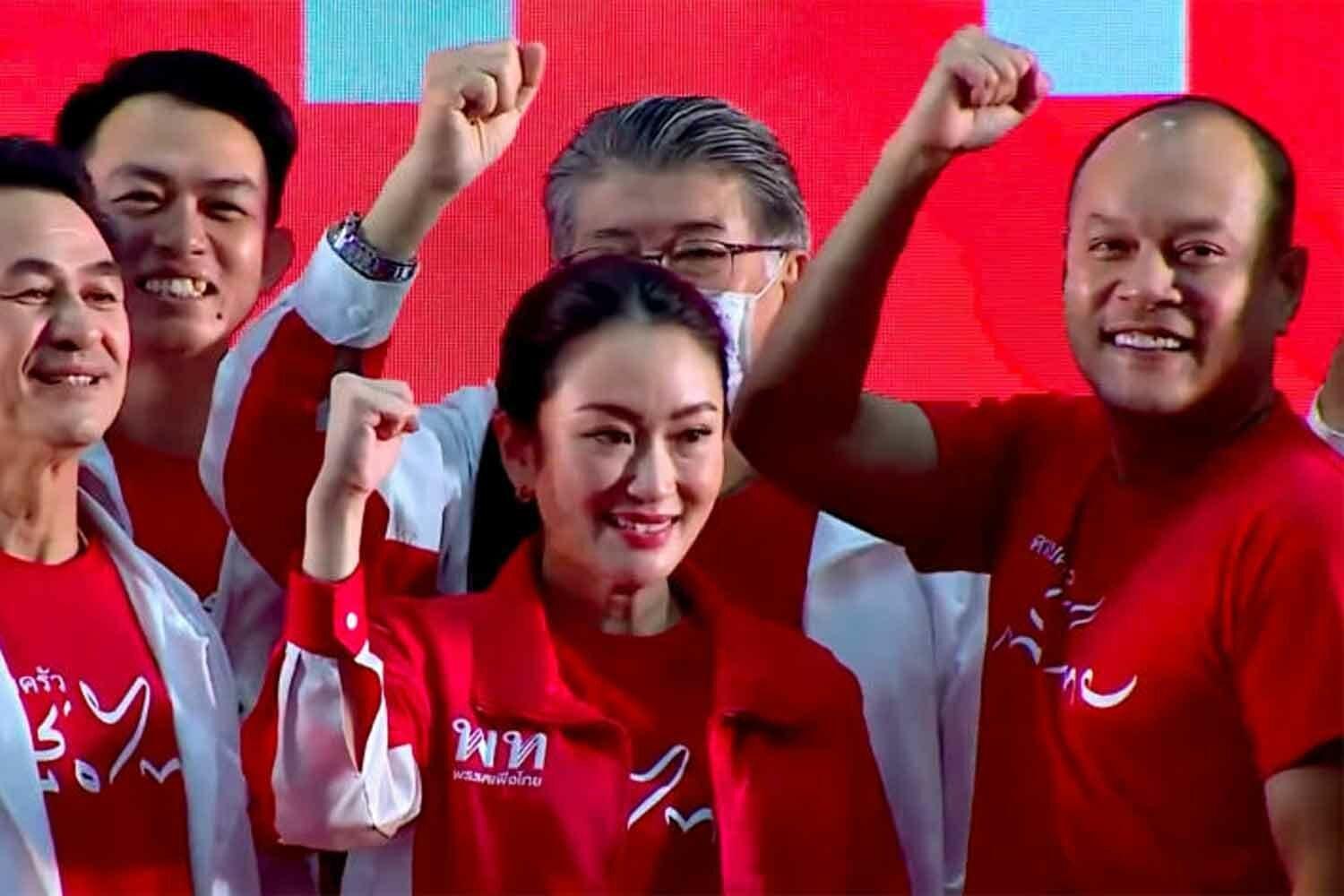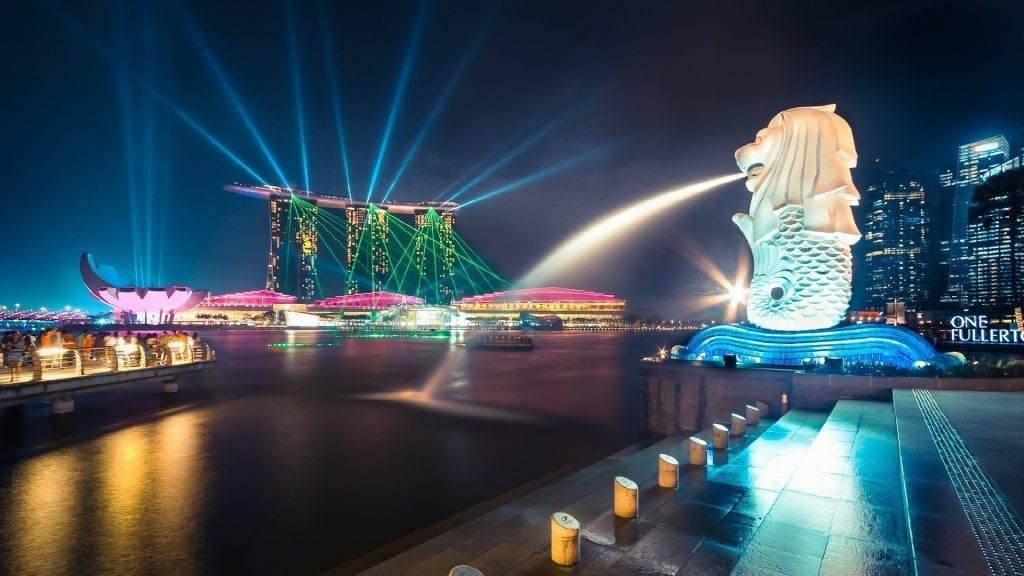HKD dominant in Macau casinos. Patacas are the official currency of Macau, although Hong Kong dollars are most often used in casino transactions.
Macau has moved a step closer to the potential introduction of a digital currency as it seeks to better combat money laundering and tax evasion in the world’s biggest gambling hub.

China’s plan for a digital renminbi, or yuan, is seen as a way to curb money laundering, tax evasion and terrorism financing. According to analysts , gaming experts believe “Beijing would welcome renminbi play in Macau, digital RMB would mitigate what Beijing sees as the most harmful financial side effect of Macau casinos: capital flight through illegal funds transfers from the mainland,”
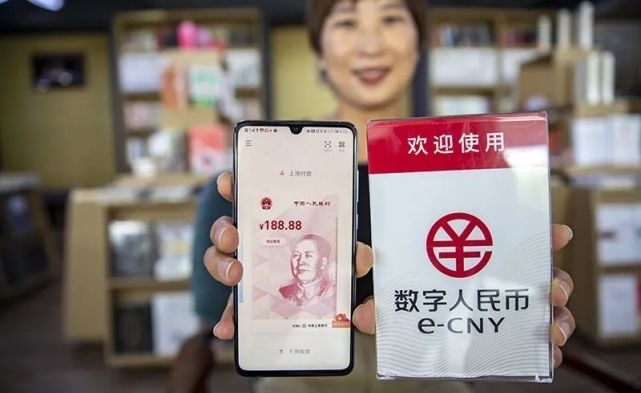
VIP volumes have dwindled due to crackdowns on cross-border gambling and illicit money exchanges. But big spenders are still spending big, as indicated by a recent Citigroup study.
The table survey showed a marked increase in average wagers by VIP gamblers. Through September, 228 so-called “whales” wagered a total of HK$43.3m (£4.8m/€5.8m/$6.5m), up 43% over the same period in 2023.
The People’s Bank of China has trialled a digital yuan in several cities, putting it on track to be the first major central bank to issue a virtual currency. A broader roll-out is expected for the Winter Olympics in Beijing in February 2022, giving the effort international exposure. The development of a digital yuan hasraised US concerns of a potential threat to topple the US dollar as the world’s reserve currency in the long term.











